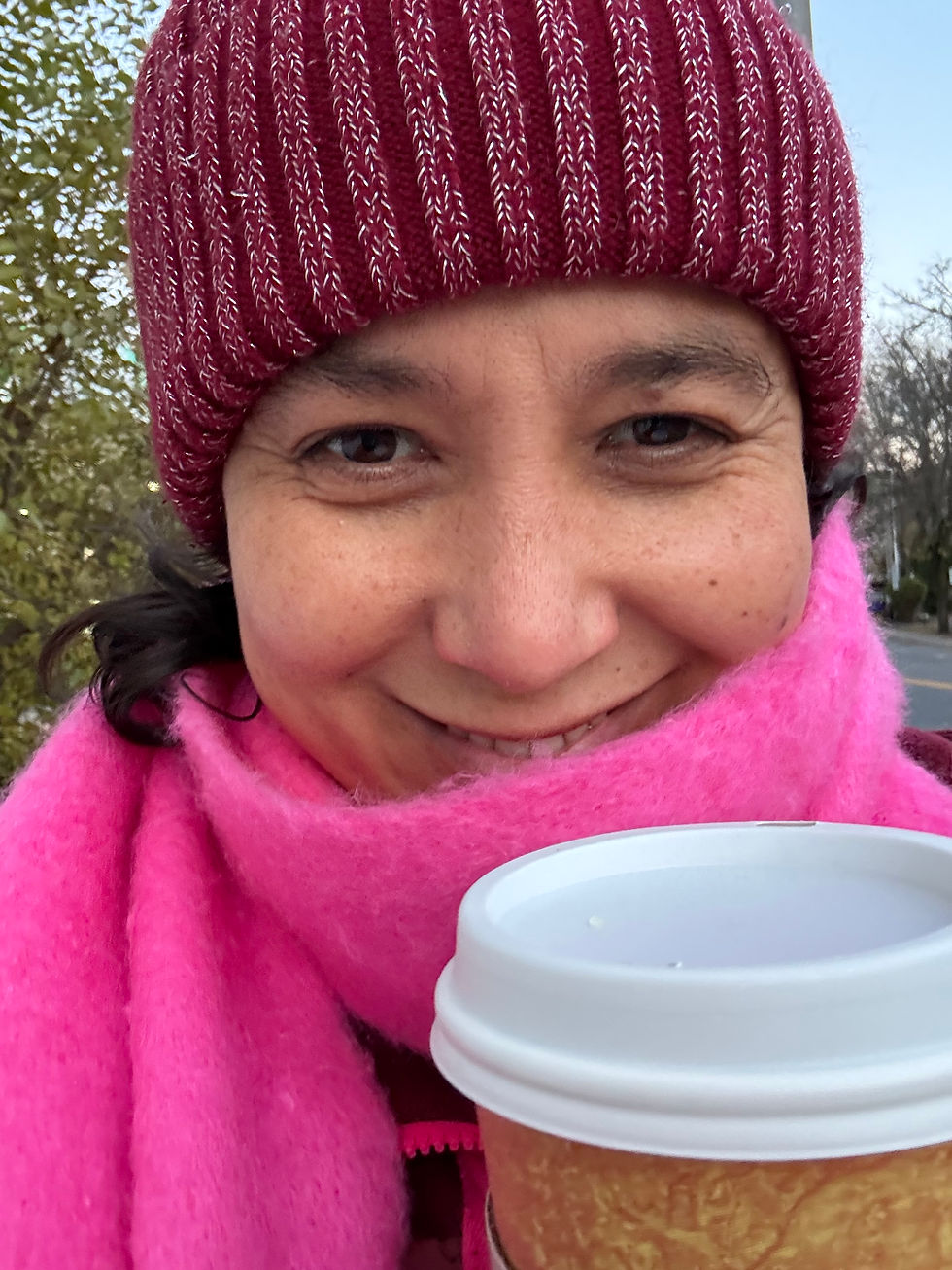Emotions & Us
- Raditia

- Sep 13, 2023
- 3 min read
Updated: Aug 12, 2025
One of many things we all can agree on is that we have felt our emotions throughout our lives. I would even say all the time. We might not always be aware of them and realize that how we express ourselves is based on what emotions are arising in us.

Growing up, I was unafraid to show and express my emotions, even if it sometimes ended in a conflict. Through the years, I realized there was nothing wrong with having them. I just had to learn how and when to express them to be of benefit.
It is even said that holding our emotions in can lead to various illnesses. To prevent adverse effects on our body and mind, I encourage you to stay with me as we explore the facets of "Languages & Emotions" in my latest YouTube Series.
Before we get into what the series will entail, I invite you to close your eyes for a moment and see if you can sense any particular emotion. It could even be resistance to doing something, boredom, disinterest, or curiosity. Emotions aren't limited to happiness, anger, sadness, worry, etc. It's the sensations we feel when we hear, touch, taste, smell, and see something, which then translates the senses into thoughts that indicate what emotions we are feeling.
For example, when trying to sleep, you feel exhausted and excited to finally have a restful night, as it hasn't been possible lately. The next thing you hear is a loud noise from outside. Your neighbor is finishing a late-night project that doesn't allow you to get your rest. If we just focus on our senses of sound and touch, all we would recognize is the banging of a hammer and the vibration of that sound on our body/skin (touch). If it stayed solely with that awareness, we might be able to get our rest. Though we usually get caught up in our thoughts, that will have a much more significant impact on us than the sounds we hear and the vibrations we feel. Our thoughts could be something like: "What is wrong with them? How dare they do construction at this time?" "I will call the police." "What will they say if I was making this noise?" and there are a whole lot more thoughts that could come up.
Interestingly, we could keep observing what our senses are perceiving. It might not be as exciting. It might not feel satisfactory. We might feel much better having these thoughts than letting them go and focusing on what we actually need, which is our rest. Before we make these choices, we would have to practice our awareness of our senses. Noticing when do my thoughts, a connection to the past and the future, come up, and I get entangled in them. What would we feel if we could only pay attention to the incoming senses without adding our likes/dislikes and pleasantness/unpleasantness to the mix? What would happen? How would I feel?
During the upcoming "Languages & Emotions Series (ep. 1)" on YouTube, you will have the opportunity to associate with different tools and practices that immediately connect us to our emotions through our senses. The subjects I picked relate to how we express and feel them daily. This series allows us to bring awareness to our choices and actions. I hope that understanding and relating to our senses more consciously can help us express our emotions more healthily and make us feel freer every day.







Comments